Add ‘harungana’ and ‘gorse’ extract to your skincare shopping list this season. Clarins adds both to the new generation of Super Restorative Creams to help lift, regenerate skin & target wrinkles.
Since its inception in 1954, French skincare brand Clarins has searched the world for the most potent and effective plant botanicals for its prestige creams and serums. Jacques Courtin-Clarins understood the power of plant extracts when he first started blending oils for his massage clients in Paris. Today, the company has an official ‘ethnobotanist’ on staff who travels the globe studying how people in different cultures make use of indigenous plants. Some trees and bushes have remarkable healing effects on human skin – knowledge that indigenous elders have known for centuries.
This knowledge is studied in Clarins’ phytochemistry lab in Paris where 95 research and development staff look at 400 plants to see if there is any benefit to human skin. These scientists observe all parts of the plant: leaves, flowers, stems, fruit…with the exception of the roots. It’s important to ensure the plant extract is sustainable. A year’s worth of work studying 400 plants yields ten successful investigations. It then takes another three-to-eight years to develop, test and approve an ingredient for consumer use.
“Of the 300,000 plants on Earth, scientists have only categorized and studied a couple thousand of them. There are so many plants we know nothing about,” says Nathalie Issachar, Clarins Research and Development Director. “When someone asks me what my favourite plant is, I always say, ‘It’s the one we haven’t discovered yet’.” In this high tech world of synthetic ingredients and headspace technology, nature still offers incredible mysteries and breakthroughs. You’ll notice that every staff member at the company’s headquarters has incredible respect and appreciation for plants and trees. It’s a part of the company’s culture.
“The most exciting innovative plant discovery for fall 2022 is our Harungana extract,” adds Marie-Helene Lair, Director of Responsible Innovation at Clarins. She says the wide-leaved plant is nature’s answer to retinol. “It’s demonstrated that it is as afficient as retinol to replenish skin. Three kinds of significant tests have assessed this strong claim: in vitro, ex vivo and clinical data.” Researchers first uncovered the replenishing ability organic harungana eight years ago and began extensive scientific testing. It quickly proved to be a true botanical ‘treasure’ capable of revitalizing and replenishing the skin. The plant’s efficacy was proven on the five aspects of skin ageing: collagen, pro-collagen 1, elastin, laminin-5, and CRBP1. A scientific publication is pending.
For decades, retinol or Vitamin A has been the gold standard in anti-aging skincare. No other ingredient has as many scientific studies from universities around the world scientifically proving the effects on skin. The derivative of Vitamin A has been proven to work on skin firmness, wrinkles, dark spots and radiance. It does this by stimulating collagen, elastin and hyaluronic acid production to help visibly improve the quality of skin. Thanks to its plant-based expertise, Clarins’ researchers were able to find a plant-based alternative to retinol, which is just as effective as retinol and well-tolerated by all skin types, even sensitive skin. This is important to anyone who has tried retinol in the past but found its strength caused redness and irritation. Harungana appears to be much gentler on skin.
So just what is harungana? It’s a small African bushy tree found in evergreen forests throughout South Africa to Sudan. It’s characterized by its large, glossy leaves that thrive on a cylindrical trunk. It’s crown appears as a golden-green colour and the blooms are cream-coloured with an almond aroma. The tree has been used by indigenous communities to treat a wide range of health issues such as headaches, fevers and sore throats for generations. What’s particularly interesting about harungana is that its sap is a fluorescent orange colour which discharges when leaves or stems are snapped off. Clarins has found sustainable farms to grow the tree organically for skincare purposes.
The second ‘Skincare Super Power Plant’ sounds like a dish you’d order at a restaurant in Norway. It’s called ‘gorse’ and it is a powerful new addition in fighting skin slackening. An emblematic plant from Brittany, France, gorse is a very resistant ‘pioneer’ plant with vibrant yellow blooms that grows in almost any type of soil and can be found primarily along the coast. One plant can produce several thousand seeds every year that remain healthy for more than 20 years. And its nectar and pollen are a favourite food source for bee populations.
Gorse extract has remarkable effects on the skin’s vital fibroblast behavior. Fibroblasts help produce collagen and elastin fibres within the skin which help maintain skin tissues, firmness and elasticity. They help keep you looking younger, longer. Unfortunately, over time, production of these fibres diminish, implying a loss of density, firmness and elasticity in the skin – the skin’s natural ageing process.
Organic gorse extract to the rescue. This plant active was proven to help restore tone to fibreblasts by 89% in In Vitro scientific tests. It significantly helped in targeting skin slackening. Now, here’s the wonder of nature in action: organic harungana extract boosts the efficacy of organic gorse by 95%. The synergies of the two plants working together led to even better results.
Skincare & Hormonal Balances: New Advances
Now that we know the two new “Skincare Super Power Plants”, where do we find them? And what are they best used for? Targeting skin slackening linked to hormonal changes. In 2014, Nathalie Issachar’s team discovered how fibroblasts in the skin change during hormonal balances. Their shape changed due to a reduction of estrogen. Their activity slowed down and their number declined. Consequently, the skin’s renewal slowed, wrinkles set in and the signs of skin ageing intensified. Fast forward eight years and thanks to a partnership with a network of scientific laboratories across France (INSERM), the brand studied the impact reduced hormonal activity can have on fibroblasts’ ability to maintain fiber tension to which they attached. After menopause, fibroblasts lose 99% of their tension strength compared to young fibroblasts. Besides producing less collagen, affected fibroblasts lose tone. They aren’t as ‘strong’ as before so they struggle to pull on fibres to maintain their tightening effect on skin. The result? Skin slackening.
Thankfully, there are two new formulas that can help with this skin concern: the NEW generation of Clarins Super Restorative Day and Night Creams.
Super Restorative Day Cream
With a new ultra-comfortable second-skin texture, the day cream is formulated to work with the skin’s chronobiology to meet the skin’s specific needs during the day. It protects against external aggressors all day long and is enriched with vegetal squalane that helps restore the hydrolidic film.
Super Restorative Night Cream
The skin focuses most of its repair work during the night while we sleep. The skin’s natural rhythms change which is why you need to use a night cream. The plant actives work to support fibroblast activity and organic sea lily helps counterbalance any dehydration.
Clarins Super Restorative Day and Night Creams are available in Canada at clarins.ca

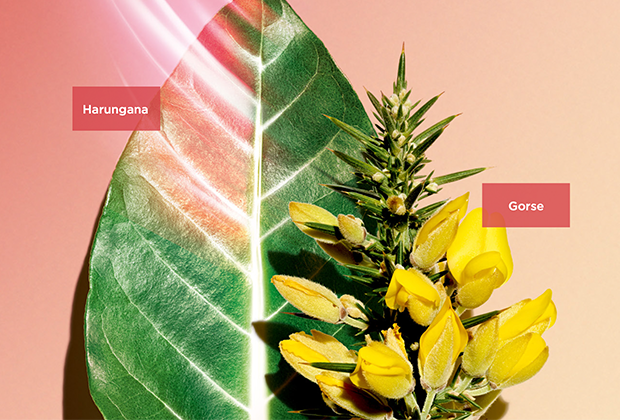
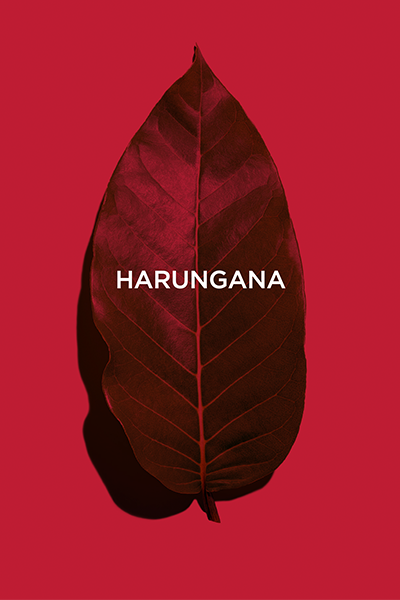
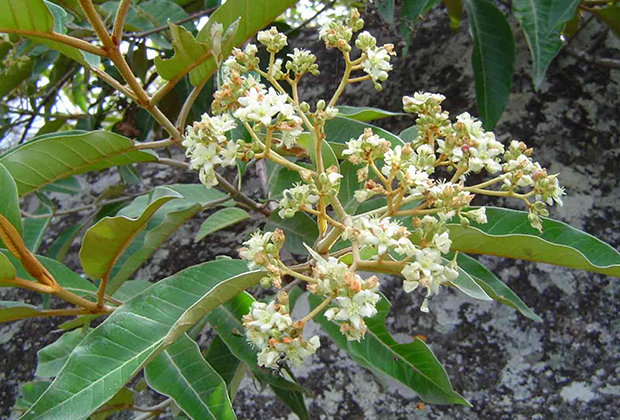
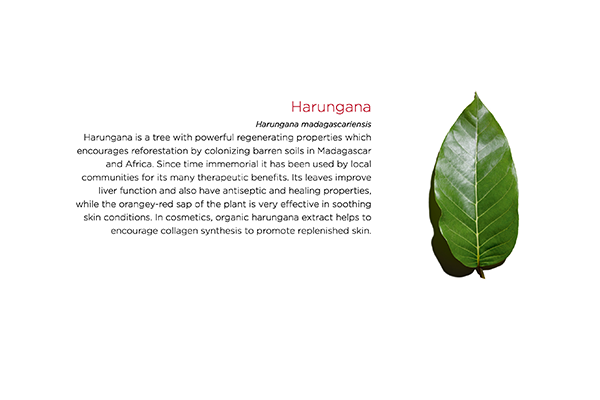
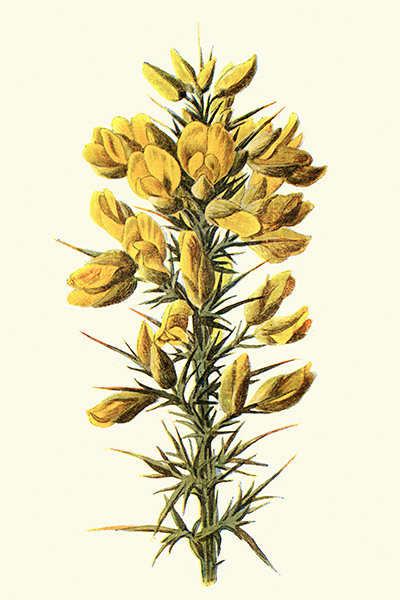
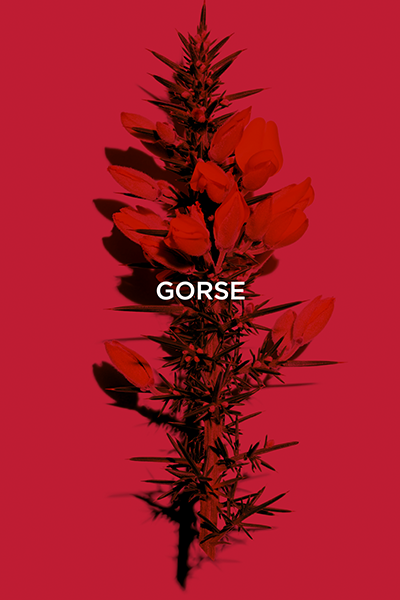
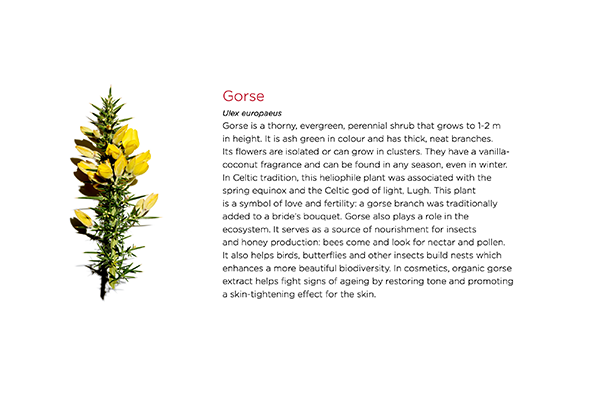
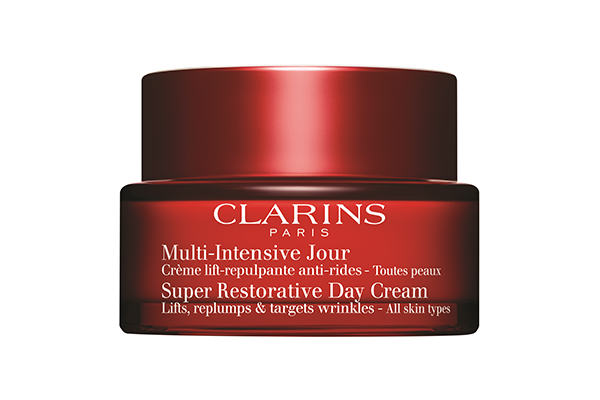
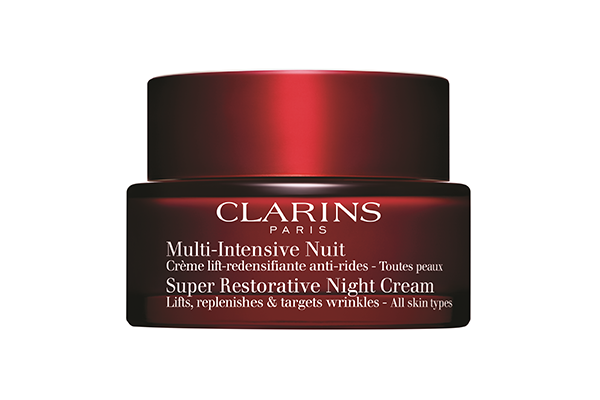
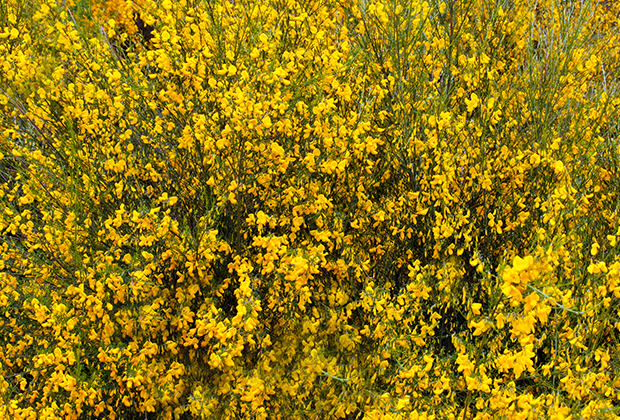
362 Comments
Candida Nichols
August 22, 2022 at 9:25 amAlways great to understand the science and I love these products @candyanne54
Keri Casazza
August 22, 2022 at 9:08 amWow lots of great information, I love Clarins products too! I had never heard of that plant!
Suzanne Giroux
August 22, 2022 at 9:04 amI did not realize just how powerful plants could be in the research of great skincare.
YVETTE APOLLOS
August 22, 2022 at 8:56 amNever heard of “harungana” and “gorse” extract before and I must admit I do a lot of research on beauty products and ingredients contained in that product.
If the Super Restorative Cream with these ingredients to help lift, target wrinkles and regenerate the skin , then I am hooked. ❤️❤️❤️🔥🔥
@cornears50
Daniela Sborlini
August 22, 2022 at 8:54 amWow, sooo much great info. I do see my skin slacking more. Good to know Clarins has products to target my problem areas. Can’t wait to try these and see the difference that it makes
Leslie Mortimer
August 22, 2022 at 8:49 amI want to try gorse just because the name sounds awesome.
Philippa Sundquist
August 22, 2022 at 8:47 amReally interesting to read, and some ingredients to find out more about now!
William Stewart
August 22, 2022 at 8:44 amIncredible! @William02822630
Mindy Joss
August 22, 2022 at 8:43 amVery cool stuff.
Martine Morin
August 22, 2022 at 8:34 amI am amazed at how much work is put into researching plants from all over the world.
dawn k
August 22, 2022 at 8:26 amwould love to try this
April Richie
August 22, 2022 at 8:24 amI did not know that Clarins had an official ethnobotanist on staff. I bet that is such an interesting job experimenting with all these plants that are unknown to our culture! I will definitely be looking for products with Grose to help with skin slackening. @SilverAcidRain
Trisha Pedros
August 22, 2022 at 8:20 amThis is incredible! I love the science behind skincare and you can always trust Clarins to be the first out of the gate with new improved and quality products! Thank you, Dave
Lola AM
August 22, 2022 at 8:13 amFirst of all, I have several Clarins products and didn’t realize it’s a French brand.
Secondly, cool to read about all of the plants that help with aging.
Jessica Arteaga
August 22, 2022 at 8:08 amO wow so many things I didn’t know!
Keep a tab on this one
Grose has the most!
How very cool!
Janice Cournoyer
August 22, 2022 at 8:06 amHarungana extract is as effective as retinol. The plant’s efficacy was proven on the five aspects of skin ageing: collagen, pro-collagen 1, elastin, laminin-5, and CRBP1. Very interesting article.
Jennifer Veis
August 22, 2022 at 8:05 amSo cool learning about Harungana. Amazing to have a completely natural ingredient that can act as retinol. Thank you for sharing all this amazing info!
Deb Philippon
August 22, 2022 at 7:52 amThe harungana information is quite interesting. It’s the first I’ve heard of this plant.
Domia
August 22, 2022 at 8:44 amSome slum ingredients from plants that are new to me here!
Coline T.
August 21, 2022 at 3:11 pmSo encouraging how science, nature and beauty come together for our benefit. 🙂
ANNA ROSZAK-ROBINSON
August 21, 2022 at 2:12 pmI loved Learning about Harungana extract
@robinson4206
bn100
August 21, 2022 at 1:44 pminteresting info
Heather Swanson
August 21, 2022 at 12:30 pmI learned alot from this post
Katarina Gratton
August 21, 2022 at 12:23 pmSkin slackening linked to hormonal changes! Of course… @katgratton
Jenna Ellison
August 16, 2022 at 2:04 amDefinitely gonna purchase some of these! Thank you for this 😌🙏🏻
Anna Roszak Robinson
August 15, 2022 at 7:56 amSuch a great informative article